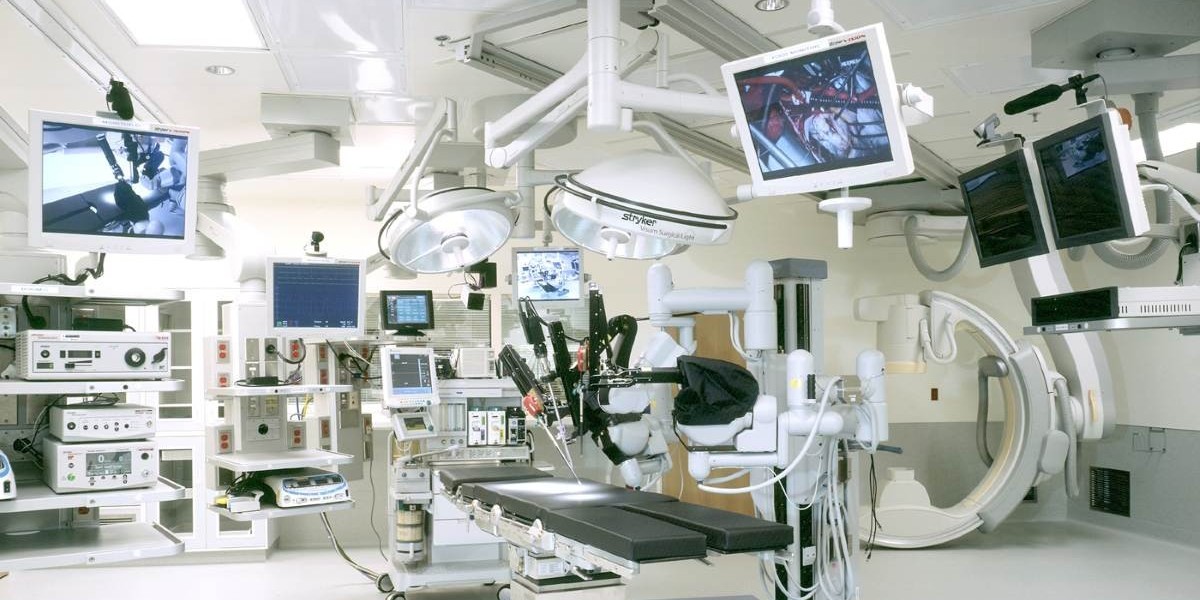Understanding the Importance of Corporate Security
In today's fast-paced and technology-driven world, corporate security has become a crucial part of business operations. With increasing threats ranging from cyberattacks to physical security breaches, companies must prioritize protection to safeguard their assets, employees, and confidential information. This post explores the importance of corporate security and how it contributes to the success of a business.
What is Corporate Security?
Corporate security refers to the set of measures implemented to protect a company's assets, infrastructure, employees, and confidential data. It combines physical security (guards, surveillance) and cybersecurity (firewalls, encryption) to ensure comprehensive protection. Effective corporate security minimizes risks and creates a safe environment for business operations to thrive.
Why Corporate Security is Essential
In the modern business landscape, the potential threats to corporate security are diverse and evolving. These threats range from cybercriminals trying to steal sensitive data to physical intruders damaging property. A solid corporate security strategy helps minimize these risks, reducing financial loss and reputational damage while ensuring that operations run smoothly and without interruption.
The Increasing Threat of Cyberattacks
With more companies relying on digital infrastructure, cyberattacks have become one of the most significant threats to corporate security. Cybercriminals may target confidential information, disrupt business operations, or damage a company’s reputation. Adopting strong cybersecurity measures, such as encryption and multi-factor authentication, is crucial for protecting sensitive data and maintaining business continuity.
Physical Security: Protecting Your Premises
Physical security plays a vital role in corporate protection. It involves measures such as access control systems, surveillance cameras, and on-site security personnel. These measures ensure that employees, visitors, and company assets remain safe from theft, vandalism, and unauthorized access. A secure physical environment fosters a safe and productive workspace for everyone.
The Role of Security Personnel in Corporate Safety
Security personnel are essential in preventing and responding to security incidents. Trained security officers monitor premises, deter criminal activity, and provide immediate assistance in case of emergencies. Whether it's managing access points, conducting patrols, or responding to alarms, security personnel ensure that businesses are protected 24/7. For companies looking for professional security solutions, SSP Australia offers reliable services to safeguard your business in Melbourne.
Employee Training: A Critical Component
Employee training is a key element of corporate security. Educating staff about potential threats and security procedures can help prevent incidents. Whether it’s recognizing phishing emails or knowing how to handle emergencies, informed employees are better equipped to protect themselves and the organization. A security-aware workforce can act as the first line of defense.
The Benefits of Professional Corporate Security Services
While internal measures are important, hiring a professional security company can provide added protection. A professional security provider brings expertise in risk management, offering tailored solutions to meet the specific needs of the business. Professional security teams are trained to handle various situations and can respond quickly and effectively to any security threats.
Cybersecurity Best Practices for Protecting Business Data
As businesses rely more on digital technologies, ensuring the security of business data is paramount. Cybersecurity strategies such as firewalls, antivirus software, secure passwords, and regular system updates help protect company data from unauthorized access. A strong cybersecurity plan not only safeguards sensitive information but also builds trust with clients and customers.
Legal and Regulatory Compliance in Corporate Security
Corporate security is also about adhering to legal and regulatory standards. Many industries require businesses to implement specific security measures, particularly in areas like data protection and employee safety. Compliance with these regulations helps avoid legal penalties and protects the company's reputation, ensuring a secure and lawful environment for business operations.
The Impact of Corporate Security on Business Continuity
Business continuity relies heavily on the effectiveness of corporate security measures. A security breach or major incident can disrupt operations, cause financial loss, and damage customer trust. By investing in corporate security, businesses reduce the likelihood of disruptions and ensure smooth day-to-day functioning. A secure business is a resilient business.
Protecting Intellectual Property (IP)
Intellectual property (IP) is often a company's most valuable asset. Whether it’s trade secrets, patents, or proprietary software, protecting IP is essential to maintaining a competitive advantage. Corporate security measures such as encryption, secure storage, and restricted access help protect this vital asset from theft or unauthorized use.
Remote Work and Security Considerations
As remote work becomes more common, businesses must adapt their security strategies to protect employees working from various locations. Securing remote access to company networks and ensuring employees have the tools to protect company data on personal devices is crucial for maintaining a safe work environment in the modern era.
Reputation Management and Security
Corporate security also plays a significant role in reputation management. A security breach can lead to negative publicity, customer dissatisfaction, and a loss of business. By prioritizing corporate security, businesses can prevent breaches that could harm their reputation, thus maintaining customer trust and loyalty.
The Future of Corporate Security
As technology evolves, corporate security will continue to face new challenges. From AI-powered surveillance systems to advanced cybersecurity protocols, businesses must stay ahead of emerging threats. Embracing the latest security technologies and strategies will be key to ensuring that businesses remain secure in the face of changing risks.
FAQs
1. Why is corporate security important?
Corporate security protects a company’s assets, employees, and confidential information from potential threats, ensuring smooth business operations and reducing financial loss.
2. What are the key components of corporate security?
Corporate security includes physical security (guards, cameras) and cybersecurity (firewalls, encryption), along with employee training and regulatory compliance.
3. How does cybersecurity contribute to corporate security?
Cybersecurity protects sensitive business data from cybercriminals through measures like encryption, secure passwords, and firewalls, preventing data breaches and cyberattacks.
4. What are the benefits of hiring professional security services?
Hiring a professional security service ensures expert protection, customized security solutions, and 24/7 monitoring, providing peace of mind and reducing risk.
5. How can businesses ensure compliance with security regulations?
Businesses should stay informed about industry-specific regulations and implement security measures that comply with data protection, employee safety, and other legal requirements.
6. What role do employees play in corporate security?
Employees are crucial in identifying potential threats and following security protocols. Regular training ensures they can prevent incidents and respond appropriately in emergencies.







